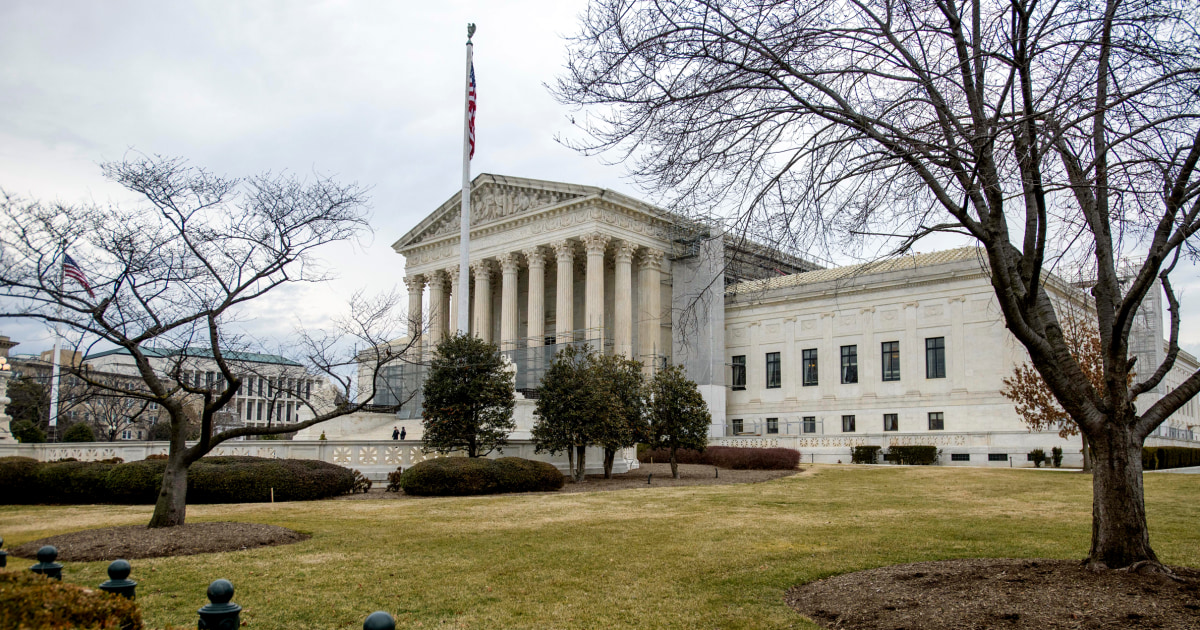- Get link
- X
- Other Apps
- Get link
- X
- Other Apps

Supreme Court Greenlights Terrorism Victims' Lawsuits Against Palestinian Entities
In a landmark decision with significant implications for victims of terrorism, the Supreme Court has unanimously ruled that victims can pursue legal action against Palestinian entities in U.S. courts. This ruling upholds a 2019 law passed by Congress, setting the stage for potentially far-reaching legal battles.
At the heart of the matter is the Promoting Security and Justice for Victims of Terrorism Act of 2019. This law allows U.S. courts to hear claims against the Palestine Liberation Organization (PLO) and the Palestinian Authority related to acts of terrorism.
Chief Justice John Roberts, writing for the court, emphasized that the law does not violate the due process rights of the Palestinian entities. He stated that the law reasonably considered "sensitive foreign policy matters within the prerogative of the political branches," and therefore "comports with the Due Process Clause."
The case arose after the 2nd U.S. Circuit Court of Appeals in New York determined that U.S. courts lacked the jurisdiction to hear these claims. Congress then intervened to legislate on this specific litigation. This unusual step underscores the importance and complexity of the issues involved.
The lawsuits in question were brought under the Anti-Terrorism Act by various victims, including the family of Ari Fuld, an American citizen murdered by a Palestinian terrorist in the West Bank in 2018. Other plaintiffs had previously secured a $655 million judgment, which was later overturned by a lower court.
The central legal question revolved around whether the defendants had "consented" to the jurisdiction of U.S. courts. Congress, in the 2019 law, stipulated that consent was established if two conditions were met:
- The defendants paid a terrorist convicted of, or killed while committing, a terrorist attack.
- The organization in question conducted any activity within the U.S. within 15 days after the law's enactment.
For clarity, it's important to understand the roles of the involved entities:
- The Palestine Liberation Organization (PLO) represents the Palestinian people internationally.
- The Palestinian Authority exercises partial domestic governmental authority in the West Bank.
Key Takeaways from the Supreme Court Ruling:
- Victims' Rights: The ruling strengthens the ability of terrorism victims to seek justice and compensation.
- Jurisdictional Reach: It expands the jurisdictional reach of U.S. courts in cases involving international terrorism.
- Congressional Authority: It affirms Congress's power to legislate on matters related to foreign policy and terrorism.
This Supreme Court decision marks a pivotal moment in the ongoing legal and political landscape surrounding terrorism and international relations. It remains to be seen how this ruling will impact future litigation and the broader dynamics between the U.S., Palestinian entities, and victims of terrorism. The path ahead will undoubtedly be complex, requiring careful navigation and a commitment to justice for all involved.
Source: https://www.nbcnews.com/politics/supreme-court/supreme-court-allows-terrorism-victims-sue-palestinian-entities-rcna206795
Congress law
due process
Foreign Policy
Justice Act
Palestinian Authority
Palestinian entities
PLO
Supreme Court
Terrorism victims
US courts
- Get link
- X
- Other Apps
Comments
Post a Comment